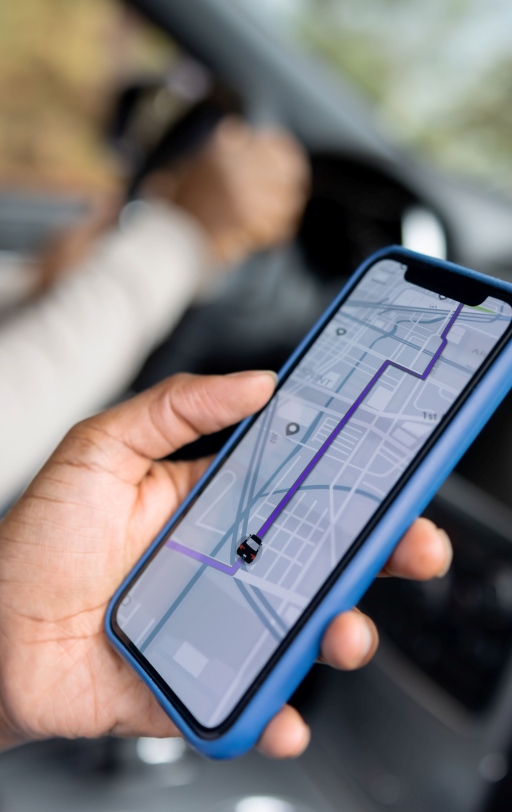Drive Focused
Eyes on the road, not the phone.
What is Distracted Driving?

Visual:
Eyes off
the road

Cognitive:
Mind off
the road

Manual:
Hands off
the steering
wheel

Auditory:
Not listening
to roadway
environment
Data trends

92% of King County adults agree that using a phone while driving is not ok.
Self-reported distracted driving has increased, especially due to increased app usage, texting, and emailing.
Drivers up to the age of 40 are most likely to drive distracted. Younger, higher-income, urban males are almost 2x as likely to be distracted drivers.
There’s a downward trend in fatal crashes due to distracted driving in King County (increased from 2018 to 2019 17% to 23%, then steadily declined to 12% in 2022).
The law
The E-DUI law states that drivers may not hold cell phones or watch videos while driving, stopped in traffic, or at a stop light. Hands-free use is limited to a single touch device.
The Penalty
The first violation results in an E-DUI ticket that costs $136. If the driver gets a second ticket within five years, the fine increases to $234. Any tickets may increase your car insurance premiums.
How you can help
Drivers
Plan ahead – Before you put the car in drive, buckle up, adjust the seat and mirrors, set the radio and GPS, and put your phone out of reach.
Turn it off – Turn off your phone or put it in “Do Not Disturb” mode.
Put it out of reach – Put your phone physically out of reach like in the glove box, back seat, or give it to a passenger.
Use GPS safely – Enter your destination before you start driving and use a dash-mounted phone stand can to keep phone in view without blocking visibility.
Set clear expectations – Make sure your families, workplace, and community know that on the road means off the phone.
Passengers
Help the driver – Offer to hold the driver’s phone, enter a destination on GPS, or send a text for them.
Speak up – If you find yourself in a car with a distracted driver, kindly and calmly ask them to stay focused on the road.

Campaigns
Coming soon

